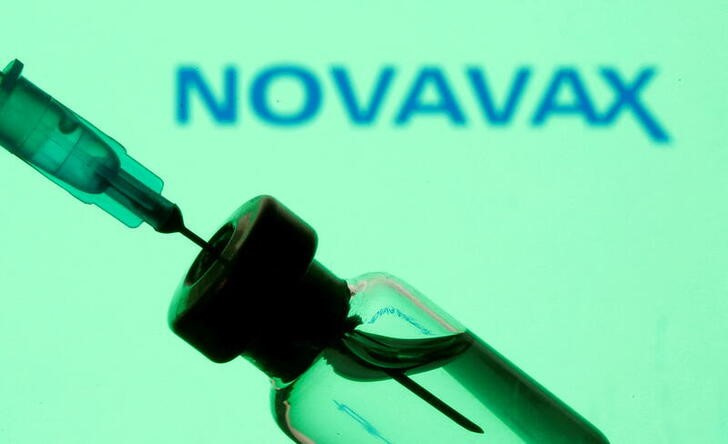Novavax stock soars as FDA removes clinical hold on its COVID and influenza shot
Investing.com -- The U.S. Food and Drug Administration (FDA) has lifted its hold on a late-stage trial for Novavax’s COVID-influenza combination and standalone flu vaccines, the company reported on Monday (NASDAQ:MNDY ).
The biotech firm’s shares jumped soared 13% in premarket trading following the announcement.
Novavax (NASDAQ:NVAX ) disclosed last month that the trial had been paused after a participant who received the combination vaccine initially reported symptoms suggestive of motor neuropathy, which affects the nerves controlling muscle movement.
The company later submitted additional data to the FDA, clarifying that the participant’s symptoms were more accurately linked to amyotrophic lateral sclerosis (ALS), a neurological condition impacting nerve cells in the brain and spinal cord.
Novavax stated that assessments found no connection between the symptoms and its vaccine.
"We thank the FDA for their partnership and thorough review of the additional information provided as part of our response package," said Robert Walker, Chief Medical (TASE:PMCN ) Officer of Novavax.
"The information provided to the FDA supported our assessment that the serious adverse event was not related to our vaccine. We plan to start our Phase 3 trial as soon as possible."
A clinical hold is an FDA directive that instructs a drug manufacturer to delay or halt a planned clinical study. The move triggered a sharp drop in Novavax shares last month.
Novavax then stated that it did not believe there was a confirmed link between its vaccine and the reported nerve damage in the patient.
Public health officials consider Novavax's protein-based COVID vaccine to be a valuable choice for individuals hesitant to receive the mRNA vaccines from Pfizer (NYSE:PFE ) and Moderna (NASDAQ:MRNA ).
Unlike mRNA technology, which prompts cells to produce proteins that stimulate an immune response to COVID, Novavax’s approach relies on protein-based technology—a well-established method used for years in vaccines against diseases like hepatitis B and shingles.
Source: Investing.com
